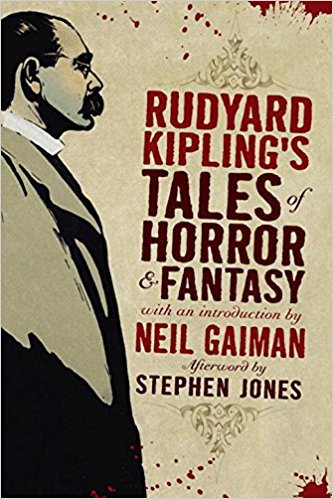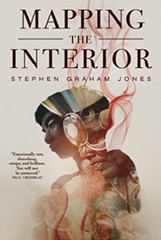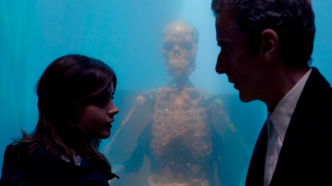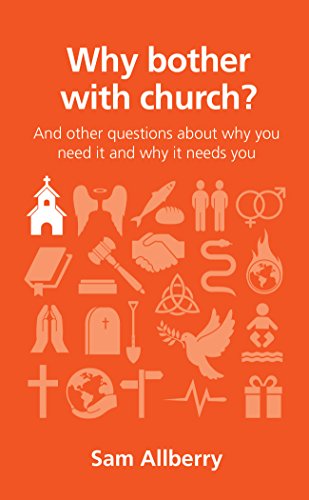The series on Arthur Machen’s “The Bowmen” continues with a look at its literary model.
Review: “The Lost Legion”, Rudyard Kipling, 1891.
When researching Arthur Machen’s “The Bowmen”, I discovered that this story was his model.
The similarities are very basic. In both, a military encounter is decided by specters from the past.
However, perhaps because Machen used a journalistic voice and his story became overly familiar because it transmuted into the legend of the Angel of Mons – a process I’ll be looking at in a future post, this tale excited me more.
Kipling, as you would expect of a man of his poetic talents, frequently has a nice turn of phrase. Kipling’s story benefits from its details of the British expedition with its English and Goorkha troops and native cavalry.
The story starts out by recounting how a mutinous Sepoy detachment in the Great Sepoy Rebellion went to Afghanistan to incite the locals to join it in sacking Delhi.
The 650 rebels are slaughtered by the Afghans.
We then move on to the murderous and troublesome “priestly bandit-chief Gulla Kutta Mullah”. He carefully calculates how much trouble he can cause the Empire, how many Indians and English he can kill, before a reprisal happens. Invited by the British to “come out and be hanged on account of seventeen murders”, he taunts them by saying he’s only 20 miles from the border. Come and get him.
“Some day we will come” he’s told, and he will be hanged.
And that day comes.
A night raid of 100 English, 200 Goorkhas, and about a 100 native cavalry is sent to bring the Mullah in.
The layout of Mullah’s fortress in the hills necessitates that the cavalry circle to the back of the valley where Gulla Kutta Mullah resides and attack simultaneously with an English and Goorkha frontal assault.
During the raid, the cavalry hears the noise of men behind them. At first, they think their fellows, having to split up to negotiate some obstacles, have gotten lost and the formation has lost its order. The horses knock over cairns in the dark – grave cairns. They come upon the watchtowers of the village.
But, even though the sentries know the cavalry is there, they seem much more concerned about an attack on the other side.
It’s revealed that the sounds the cavalry has heard in the dark, the figures the Afghan sentries saw, were the Rissala, the “Dead Regiment”. They are the Sepoys some of the villagers slew 30 years ago.
The story ends with Gulla Kutta Mullah arrested.
Machen’s story has an engagement of large forces with the British halting an enemy advance. Kipling’s story is only a minor skirmish, literally a police action, not the prelude to a turning point in a major war which the Battle of Mons was in that it enabled Allied victory in the First Battle of the Marne. The bowmen of Machen’s story are spectral, but they are not the dead bent on revenge or to acquit their honor. Machen’s story is journalistic in tone, purports to merely record a recent event. Kipling’s story ends by giving credit to a “regiment whose name did not appear in the Brigade Orders”.
Additional Thoughts
The United States Department of Defense made Greg Mortenson’s fraudulent Three Cups of Tea mandatory reading for officers in Afghanistan
In reading this story, I think the Pentagon’s money and time might have better spent assigning some Kipling. His vision of Afghanistan certainly seems more clear-sighted, even 110 years later, than the one behind America’s longest war.
The Afghans do not fear British incursions:
The tribe would turn out in full strength and enjoy the campaign, for they knew that their women would never be touched, that their wounded would be nursed, not mutilated, and that as soon as each man’s bag of corn was spent they could surrender and palaver with the English General as though they had been a real enemy.
And not much thanks or gratitude to the British army for their work:
If they were successful, no one would know or care anything about their work; but failure meant probably a small border war, in which the Gulla Kutta Mullah would be posed in the English newspapers as a popular leader against a big, bullying Power, instead of a common Border murderer.
More reviews of fantastic fiction are indexed by title and author/editor.
Advertisements Share this:




